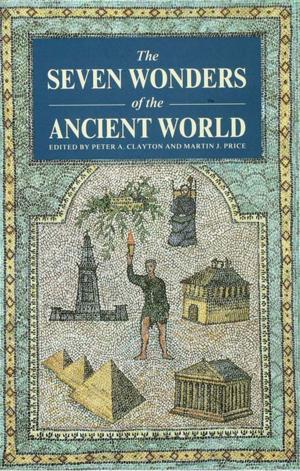| Author: | Missimo Pallottino | ISBN: | 9781317696810 |
| Publisher: | Taylor and Francis | Publication: | June 17, 2014 |
| Imprint: | Routledge | Language: | English |
| Author: | Missimo Pallottino |
| ISBN: | 9781317696810 |
| Publisher: | Taylor and Francis |
| Publication: | June 17, 2014 |
| Imprint: | Routledge |
| Language: | English |
In A History of Earliest Italy, first published in 1984, Professor Pallottino illumines the wide variety of peoples, languages, and traditions of culture and trade that constituted the pre-Roman Italic world.
Since the written sources are fragmentary, archaeology provides the central reservoir for evidence of the societies and institutions of the varied peoples of early Italy. This incisive and immensely readable account unfolds from the Bronze Age to the unification of the Italian peninsula and Sicily by Rome following the flourishing Archaic period. It examines the relationships among the peoples of the peninsula and the influence of Mycenae and Greece in trade and colonisation.
In telling the story of the early stages of the eternal dialogue between national vocation and local diversity in Italy, Professor Pallottino demonstrates that it is no less deserving of our attention than its contemporary Greek and later imperial Roman counterparts.
In A History of Earliest Italy, first published in 1984, Professor Pallottino illumines the wide variety of peoples, languages, and traditions of culture and trade that constituted the pre-Roman Italic world.
Since the written sources are fragmentary, archaeology provides the central reservoir for evidence of the societies and institutions of the varied peoples of early Italy. This incisive and immensely readable account unfolds from the Bronze Age to the unification of the Italian peninsula and Sicily by Rome following the flourishing Archaic period. It examines the relationships among the peoples of the peninsula and the influence of Mycenae and Greece in trade and colonisation.
In telling the story of the early stages of the eternal dialogue between national vocation and local diversity in Italy, Professor Pallottino demonstrates that it is no less deserving of our attention than its contemporary Greek and later imperial Roman counterparts.















